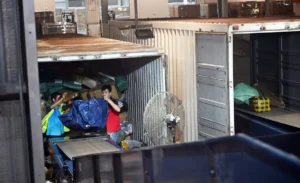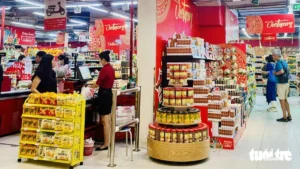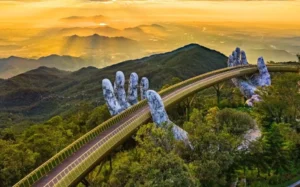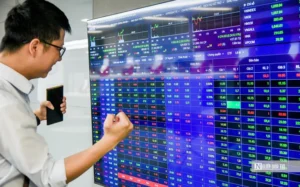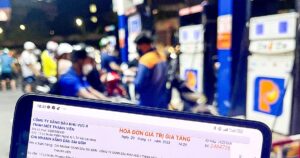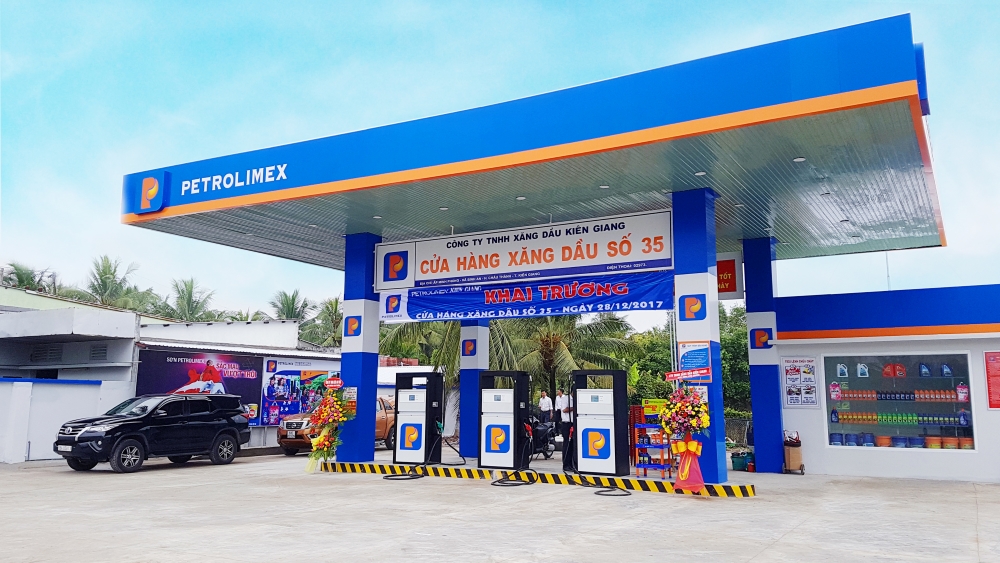The new draft decree on petroleum business developed by the Ministry of Industry and Trade regulates the management of petroleum prices according to market mechanisms, but still ensures State management instead of leaving it completely to businesses, which is appropriate in the current development context.
Supply monitoring, quality control
Petroleum is a conditional business item, having a strong impact on all aspects of economic and social life. Recently, experts have expressed their views on the need for the Government to soon issue a new Decree on petroleum trading in line with the current development stage.
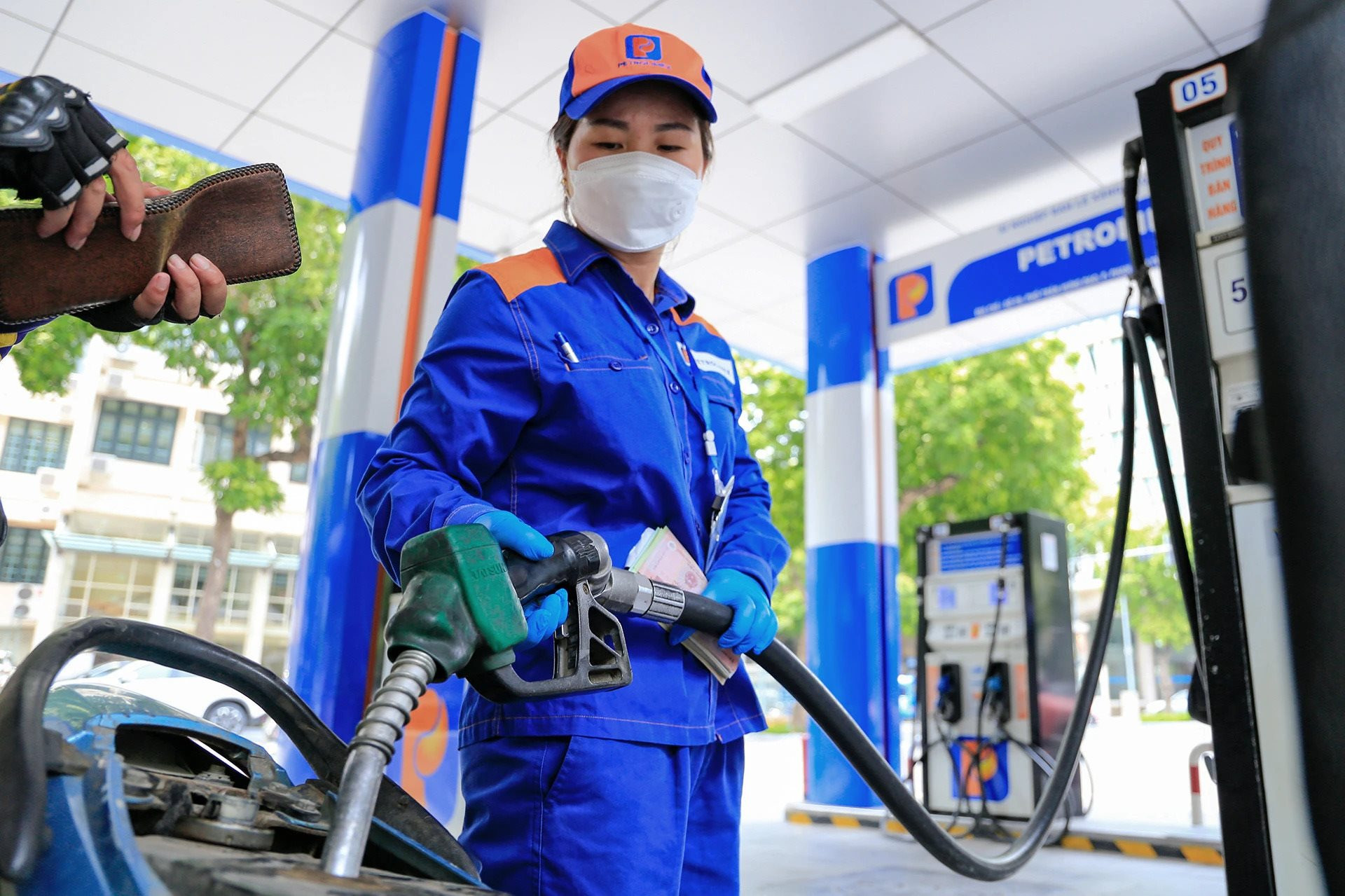
Dr. Le Quoc Phuong – former Deputy Director of the Center for Industry and Trade (Ministry of Industry and Trade) said: In Vietnam’s socialist-oriented market economy, the State plays a role in managing and regulating a number of essential goods that have a great impact on production, business and consumption. In particular, gasoline is an essential commodity that affects all aspects of economic and social life, and is also a conditional business commodity. Therefore, the State gives the right to set prices to businesses but still plays a management and regulatory role.
The move from the previous management agency deciding on gasoline prices to assigning gasoline trading and distribution enterprises to set prices in accordance with actual costs incurred at the enterprise and not higher than the maximum gasoline selling price according to regulations is considered a strong step to bring gasoline trading closer to the market mechanism.
This is expected to help resolve previous problems when the State retained the right to set gasoline prices, causing difficulties for many businesses. However, this mechanism requires management agencies to be very careful in setting appropriate ceiling prices; at the same time, closely inspect and monitor business compliance.
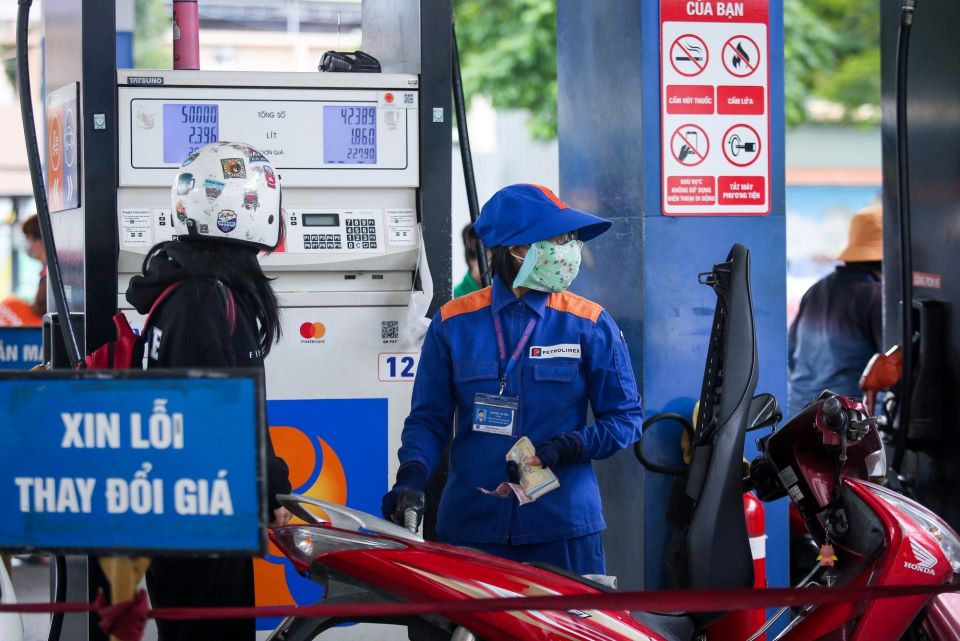
Notably, the Ministry of Industry and Trade is currently managing 33 petroleum wholesale enterprises and allocating total sources to these enterprises to ensure control of total supply to the market. There are currently about 280 enterprises nationwide that are distributors and petroleum distributors are entitled to purchase petroleum from wholesale enterprises.
According to Dr. Nguyen Quoc Phuong, previously, Decree 95/ND-CP/2021 of the Government on petroleum trading allowed petroleum distributors to purchase petroleum from many other petroleum distributors and traders under petroleum purchase and sale contracts. However, in reality, this regulation has led to difficulties in controlling the quality of petroleum purchased and imported from many different sources. In addition, this also creates a virtual supply source in the market, making it difficult for management agencies to grasp the actual supply source.
Therefore, the new draft Decree stipulates that petroleum distributors are only allowed to buy petroleum from key petroleum traders, not from other petroleum distributors. This is considered a solution to control the quality of goods, protect consumers and legitimate businesses. More importantly, this will help the management agency monitor the actual supply to ensure the ultimate goal of having enough petroleum for people’s needs.
Harmonizing the interests of the state, people and businesses
Recently (October 2), at the conference to collect opinions on the decree on petroleum trading, Minister of Industry and Trade Nguyen Hong Dien affirmed that he would submit two pricing options to the Government (including the option for businesses to set their own prices); and would report to the Government on the proposal of distribution businesses wanting to buy goods from each other.
In drafting the new decree, the Ministry of Industry and Trade has complied with the basic viewpoints in Resolution 55 of the Politburo on Vietnam’s Energy Development Strategy to 2030 with a vision to 2050. That is, implementing a management mechanism for petroleum business activities with the aim of contributing to ensuring national energy security, meeting domestic market demand, while operating according to market mechanisms, ensuring fair competition and ensuring State control.
Minister of Industry and Trade Nguyen Hong Dien
This is the fourth time the Ministry of Industry and Trade has sought opinions from ministries and branches (in writing and in person) and the fourth time it has been submitted to the Government. This demonstrates the spirit of openness and acceptance of opinions by the Ministry of Industry and Trade.
Associate Professor, Dr. Dinh Trong Thinh (Academy of Finance) assessed that organizing the collection of opinions is an open discussion process between management agencies and enterprises to build a new decree on petroleum in line with the current development stage of the socialist-oriented market economy. It requires investment of time and effort to come up with a new decree that is suitable, both creating the most market mechanism and ensuring the best state management role, serving the socio-economic development of the country.
The goal of the State’s participation in managing and regulating the petroleum business market is to ensure supply-demand balance and national energy security; build a competitive environment in petroleum business; promote decentralization and reduce State intervention in petroleum business activities of enterprises; and ensure harmony of interests of the State, people and enterprises.
Many experts also agree that the Ministry of Industry and Trade’s development of a new Decree will create the most favorable business environment for petroleum businesses, but the State will still maintain its regulatory role.
In addition, to ensure sufficient gasoline for people’s needs and maintain the stability of the gasoline market, the State should soon calculate and allocate resources to build a national reserve warehouse to ensure enough gasoline reserves for at least 20 days. At the same time, consider establishing a transparent and public gasoline trading floor to help distributors have a basis for setting closing prices.


